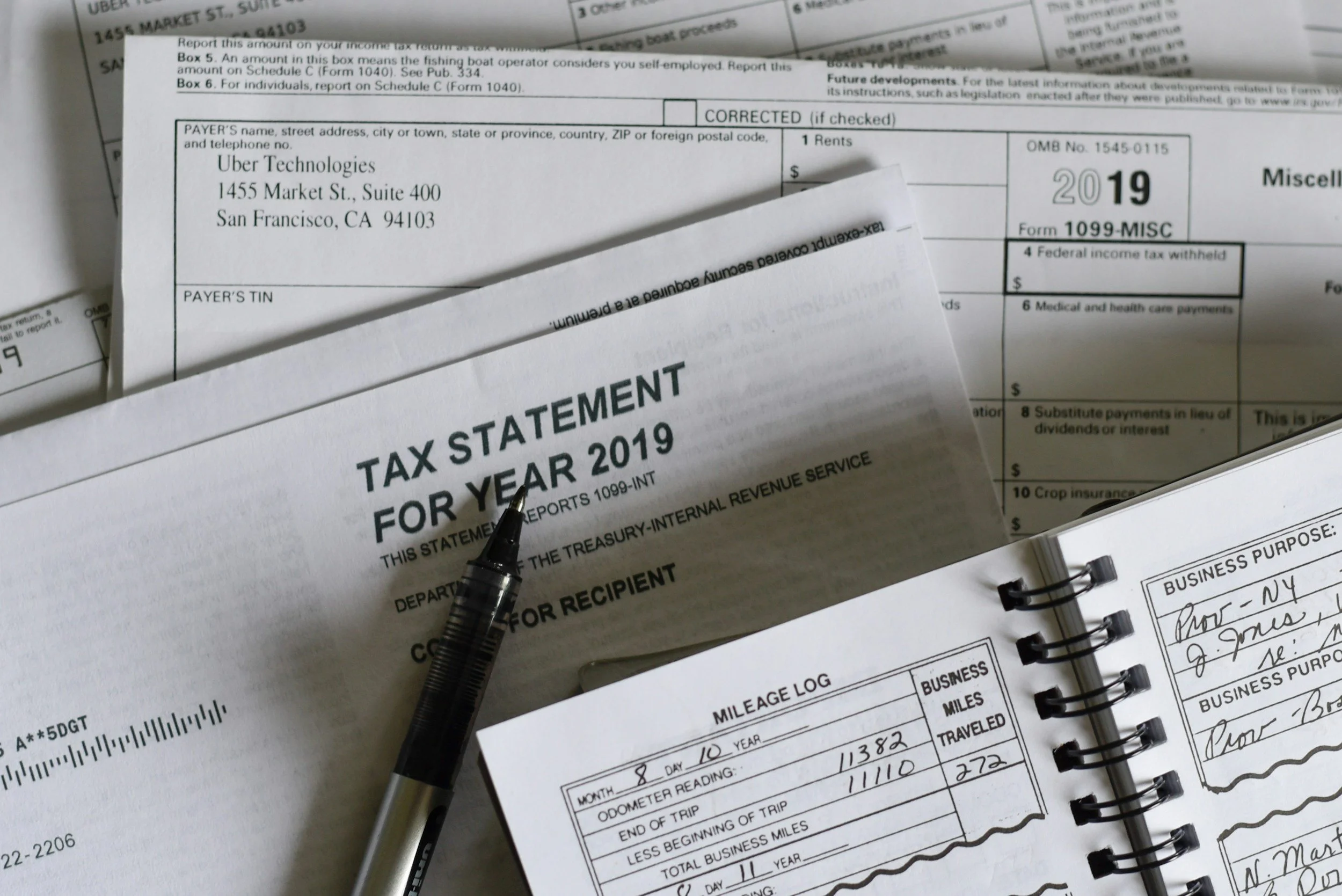How To Prepare Financially For Refinansiering Av Lån Og Gjeld
By PAGE Editor
The statistics and your individual situation both play a role in determining how much money you may save by refinancing. But, there are other factors to think about than trying to get a cheap refinancing or avoiding expensive closing costs. When deciding, think about how long you want to finance, what sort of payments you can handle, and the possibility of selling the home later down the line.
You may evaluate your total costs and potential future payments using a mortgage or personal loan refinancing calculator. Before you depart, it may be worthwhile and even advantageous to refinance loans av gjeld with no closing costs if you can save money doing so.
The following costs may be incurred during a mortgage or loan refinance:
Loan application fee
Payable upon completion of appraisal
The Survey's Compensation
Credit report prices
The Title Cost
Taxes
Waiver of Fees and Costs
Check with your financial institution or credit union first, as they could be willing to waive some of these costs. It is your legal right to get an itemized list of all fees and interest rates that will be applied to your loan estimate from your lender. Ask whether there is room for haggling on the price. The reason to shop around for different lenders is that not all lenders charge the same fees. In addition, one lender may simply waive a portion of some fees to get your business. This is the main reason it pays to shop around when refinancing.
Methods for Renegotiating Your Mortgage Interest Rate
Many measures may be taken to lessen the overall cost of refinancing your mortgage or personal loan. Saving money via mortgage refinancing or personal loan refinancing over a longer time period is best accomplished by negotiating the lowest possible interest rate. These recommendations may help you get the best possible rate:
Check your credit report thoroughly for errors and get them fixed if necessary. If you take the time to fix your mistakes, you may be able to raise your grade. Improve your credit rating by working on it. Either reduce the proportion of your income going toward debt repayment, or increase your payment history and credit score to qualify for better interest rates.
Check into if you may eliminate some debt by paying off or decreasing credit card balances.
Make an effort to save now. If at all possible, increase the sum you have set aside for savings. A larger sum of money might put you in a lower risk category, allowing you to qualify for higher interest rates.
Pay close attention to the loan's conditions before agreeing to them. Shorter loan terms often have a lower interest rate, but may result in higher monthly payments. It's possible to get a better interest rate on a new loan if you're willing to make a greater payment per month in exchange for a shorter repayment period (15 years instead of 30).
Please get your paperwork in order. Locate your tax returns, get the necessary paperwork, and plan accordingly. Well-prepared individuals have more knowledge at their disposal, which strengthens their bargaining position.
Research the offerings of your lenders' rivals in your area of interest online. Learn more about the options for mortgage refinancing and their associated interest rates by searching online. The loan details and terms ought to have you ready for what comes next. The annual percentage rate (APR) is the one to compare, since it factors in all the hidden costs of a mortgage. These costs are not included in the interest rate (https://en.wikipedia.org/wiki/Interest_rate) given and may increase or decrease your total costs.
Lock on your pricing now while you still can. Research the option of "locking in" your application in hopes of receiving a cheaper interest rate. The lender may be willing to fix the current low interest rate and allow you to benefit from further rate reductions in the future if the economy continues to improve. You may avoid any future rate increases by locking in your loan's interest rate for the duration of the agreed upon closing period.
Think about a refinancing where you pay no fees at closing.
One way to acquire a refinancing with reduced total costs is to not pay any closing fees.
If your lender offers to cover some or all of your closing costs, you need to know whether they are really covering the costs or just shifting them to another account. No-closing-cost refinancing may help you avoid making a substantial, unexpected financial outlay in one of two ways.
A no-closing-cost refinance may result in a higher interest rate from your lender. Lenders might recover the money you would have paid on closing costs simply by charging you a higher interest rate.
Your lender may choose to "roll" or include the closing costs in the principal of your loan. This will cause your balance to rise, but you won't need to bring any money to the closing table. In any case, you will eventually have to shell out cash to cover the closing costs, even if you don't have to do so right immediately. The interest costs throughout the life of the loan will add up to be costlier in all three scenarios, whether due to a higher interest rate or a larger initial principal loan amount. The overall fees may greatly exceed the original closing expenses if you keep the loan for an additional 15 to 30 years.
Shop around for a personal or home loan rate instead of refinancing with your current lender. You are under no obligation to comply. Freddie Mac found that obtaining quotes from at least five different lenders may save you at least $3,000 over the course of your mortgage. You may have greater leverage in negotiations with other lenders if you can negotiate a better rate with one of them first. You may either use a local store's price-matching service or an internet comparison tool.
Consult your banker and discuss your options.
One way to reduce the overall cost of refinancing your mortgage or personal loan is to haggle with your lender over the closing costs. Find out whether you qualify for any fee waivers or discounts; you may be able to save money. If you are an existing client of the lender or can offer a convincing reason, you may be eligible for a reduction in closing costs.
However, if you’re unable to negotiate a better rate, you should consider shopping around online and checking your pre-approval status with lenders. This can help you get the best refinancing deal possible.
HOW DO YOU FEEL ABOUT FASHION?
COMMENT OR TAKE OUR PAGE READER SURVEY
Featured










When investing in quartz countertops, choosing the right warranty and care package is just as important as selecting the color and finish.